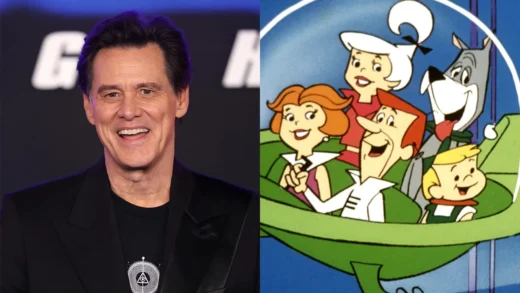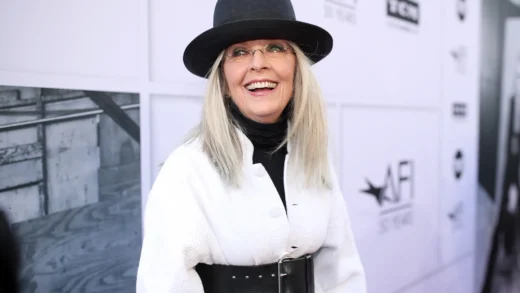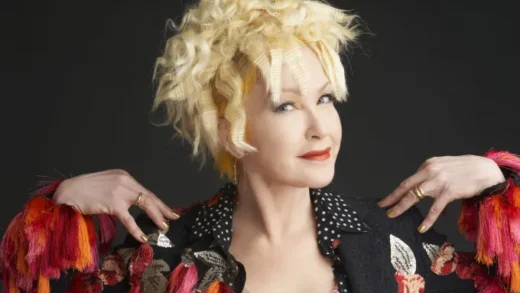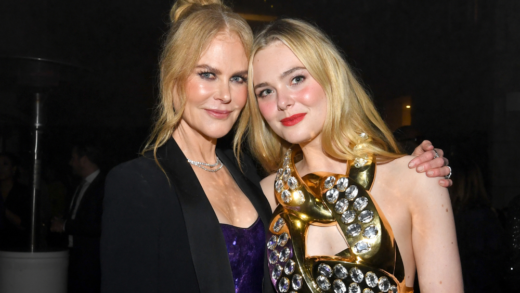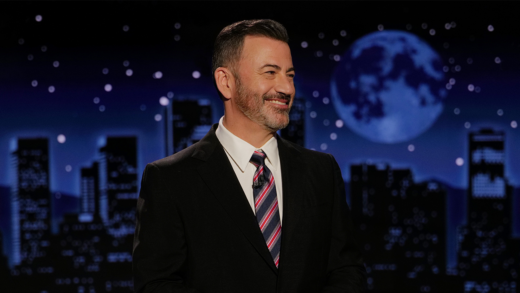The Reasoning Behind Reboots
How do you feel about reboots on beloved television series or movies?
Some people enjoy them while others think it’s a cash grab. Whether you like them or not, they are widespread and successful. I recently watched The Chilling of Adventures of Sabrina, which is a reboot of the late 1990’s family sitcom. I was nervous that the show would be a disappointment but after the first episode, I was pleasantly surprised. Although, remakes have always been a relevant tactic for media curation has there been an increase of reboots in recent years? And, if so why?
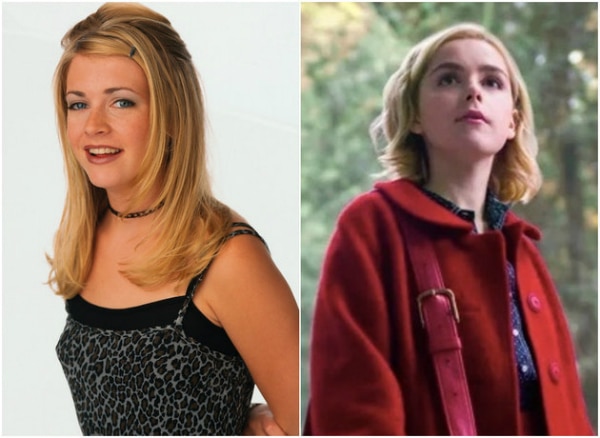
First, let us define the differences between a remake, a reboot, and a revival. A remake is an older storyline with fresh faces. On the other hand, a reboot shares familiar characters, but a new plot. A revival is most utilized in television. It’s when the main cast is brought back for a new show years after the original run.
Are there more reboots in recent years than in previous? From the information I could find, in 2017, there were 13 remake movies that premiered. This does not include sequels of remakes/reboots. In 2012 there were nine, in 2007 there were 19, and in 1997 there were 13. This data represents the popularity of remakes throughout cinema history. What has changed drastically is the number of television reboots/remakes/revivals. In 2017, 34 television reboots/remakes/revivals were premiered. According to Wikipedia, there were three reboots/remakes in 2012, one in 2007, and none in 1997. This data represents that there has been a drastic increase in the number of reboots/remakes seen on television.
The main reason these reboots and remakes occurrence is from intellectual property. According to ABC.com, “Intellectual property, or IP, is any storyline, franchise or character that a studio or production company owns — often familiar from years ago. IP can also be scripts and adaptations of books, something successful that can be adapted into a film or TV show.” Production Companies have the rights to certain shows, movies, and even books and this allows them to continue to create this type of content.
Another reason why reboots are so popular is that the idea is familiar and has sold well before. According to Cinema Blend, “Recently the industry has seen a solid string of success born out of rebooting or upgrading content from the past. This is a risk-averse strategy. You bank on content where people already have a sense of the characters, they have a sense of what the plot is, what the story is.” Uniqueness is difficult in a medium that has been saturated and revitalizing a franchise allows creators to intellectualize the strong elements of the franchise. With this, they can take the acquainted information and twist it into something new.
Are these reboots and remakes critically well-received? According to The New York Times, “In the end, nostalgia is like any other genre. You can only judge so much from a title and a premise because it comes down to ideas and execution. Not all Re TV? is (re)created equal”. For me personally, I think Hollywood and television have been putting quality work into remakes. In Chilling Adventures of Sabrina, the same characters were used but their personalities and the plot were dissimilar from the sitcom. The themes darker and focused more on drama, rather than comedy. The New York Times commented that one of the benefits of reboots is the ability to transform the composition. The audience is able to watch the loveable characters interact in a fresh way.
Lauren Hoke, Guest Writer
